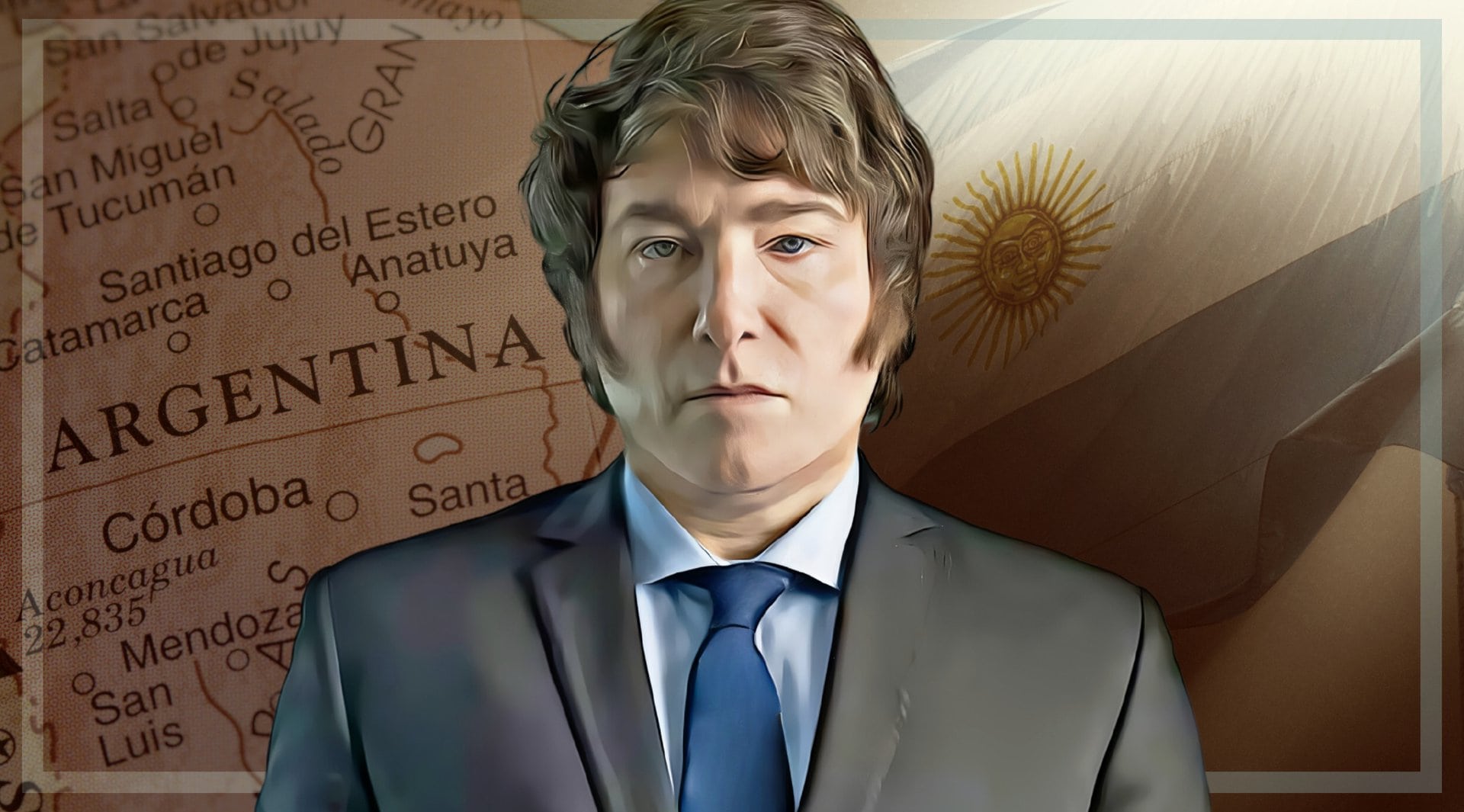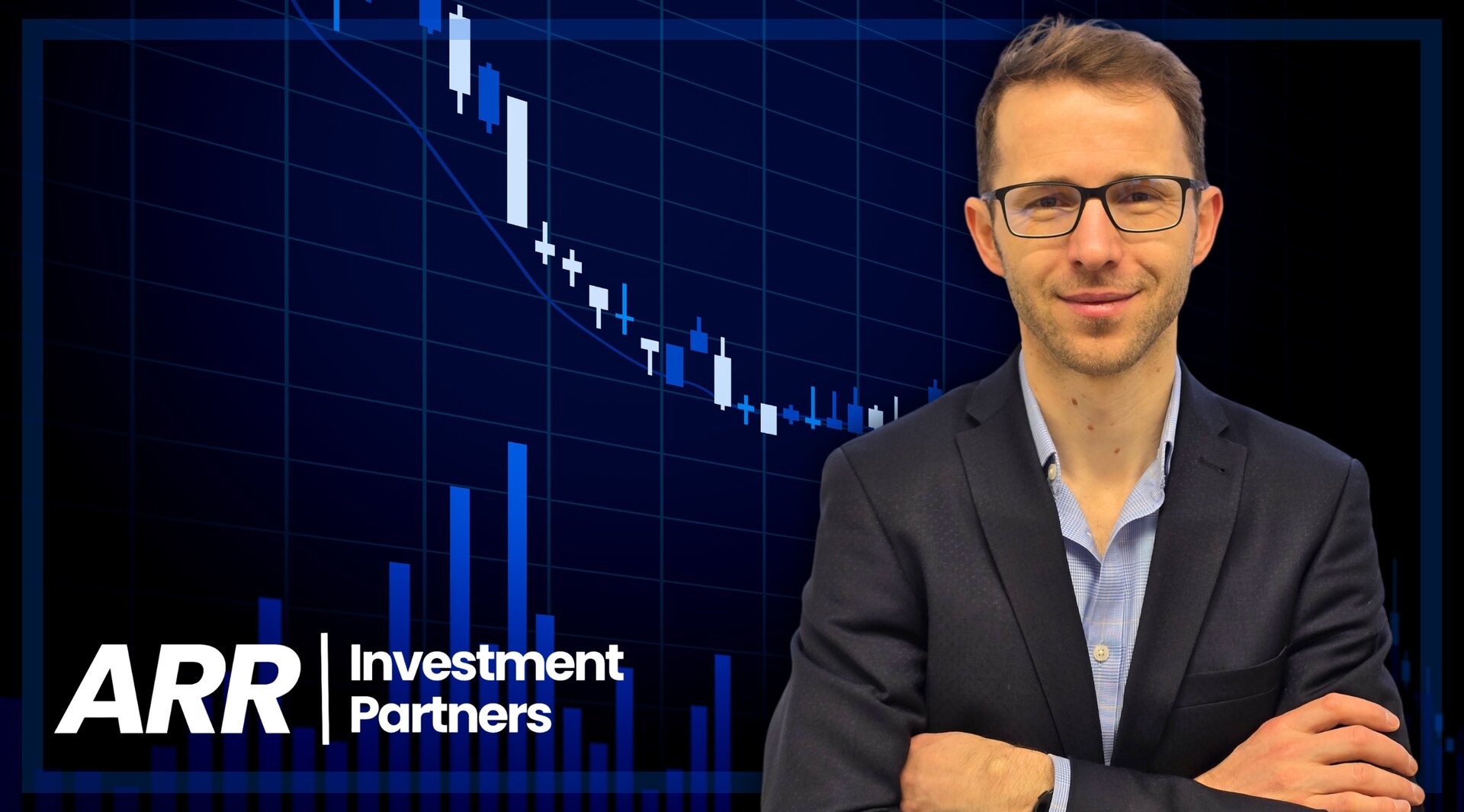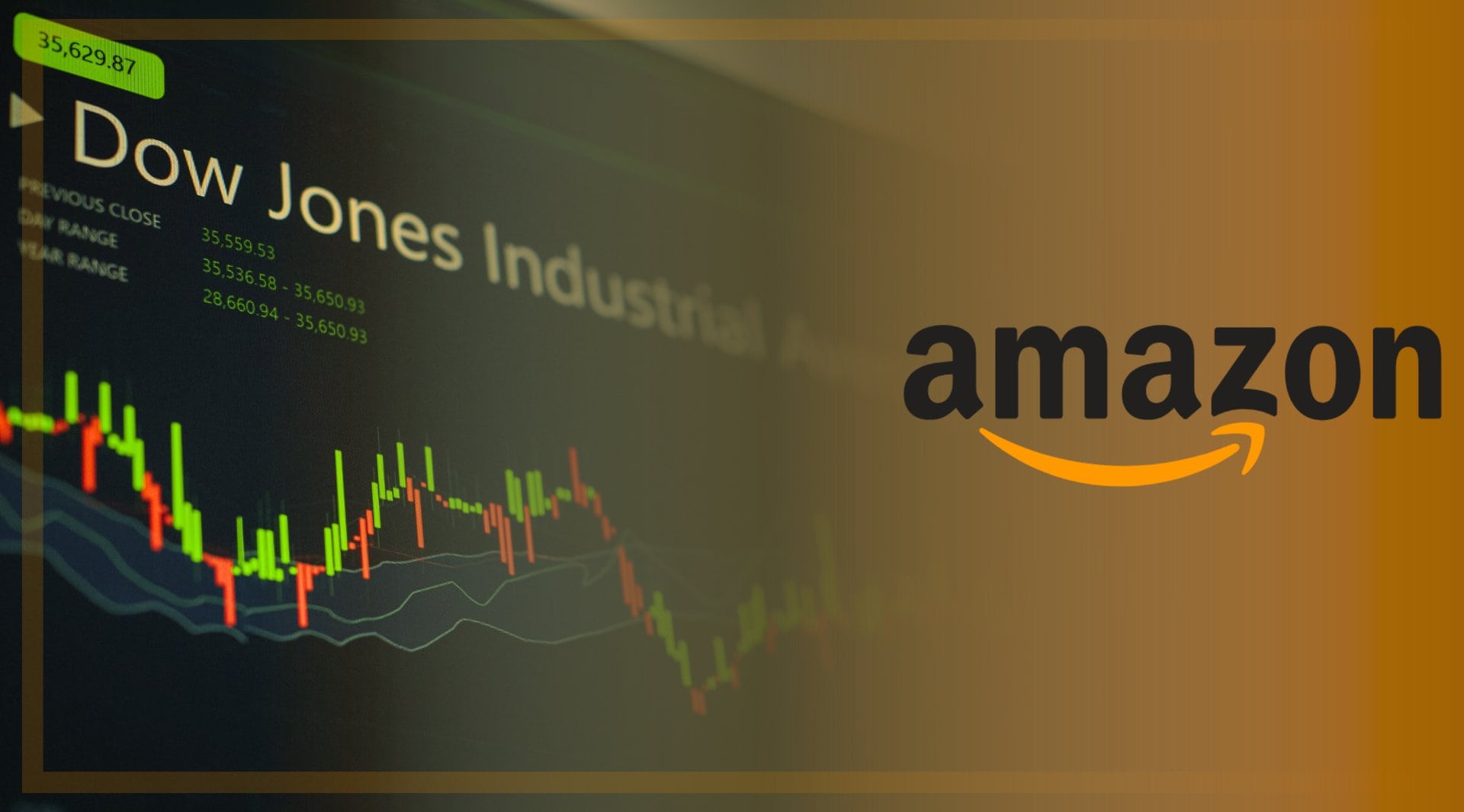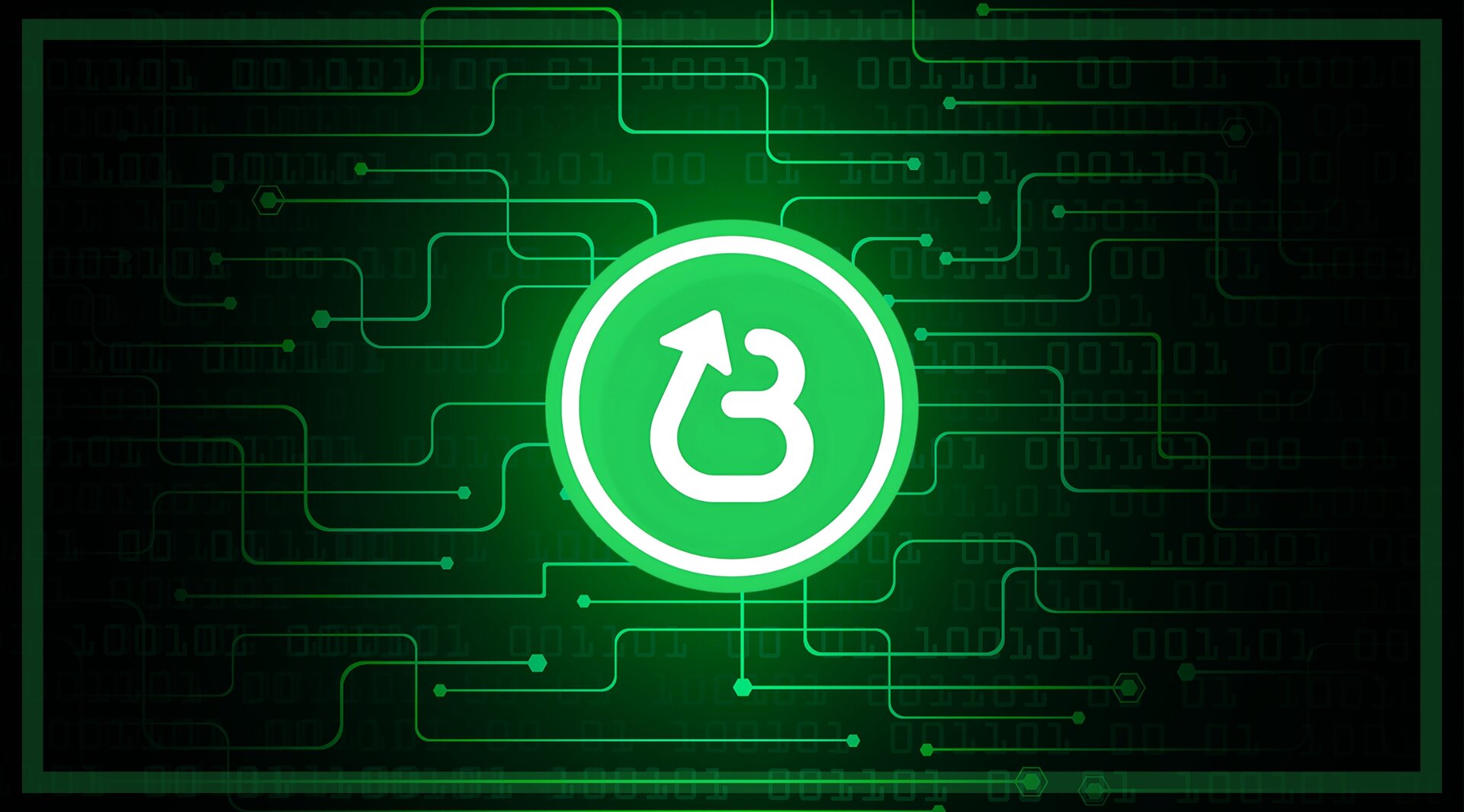“If you give shit leftists an inch, they will destroy you […] I call them shit because they are shit.”
During a fiery election campaign last year, Argentina’s new president Javier Milei pledged to wage war against the “leftard” establishment that has brought the Argentine economy to its knees. Brandishing a chainsaw to symbolise his promise to slash the size of the bloated Argentine state and declaring he would shut down most government agencies as well as the central bank, Milei declared that “the thievery of politics is over.”
Most mainstream economists predicted that the self-proclaimed anarcho-capitalist libertarian would devastate what was left of the South American country’s beleaguered economy.
However, since assuming office in December last year, Milei has embarked on an ambitious programme of economic reform which is now starting to yield remarkable results. Milei’s first mission was to cut spending dramatically. Argentina has seen massive cuts to capital spending, with Milei slashing the federal budget by 32%, sacking almost 30,000 public sector officials, and closing down 13 out of Argentina’s 22 government departments.
Milei has also vetoed public sector pension rises, meaning they have been cut by about 40% in real terms, while also cutting salaries for civil servants. These dramatic moves mean that, within six months, Argentina started posted fiscal and financial surpluses after years of massive government deficits financed by quantitative easing from the central bank. The fiscal surplus in the first half of 2024 reached 1.1% of Argentina’s gross domestic product (GDP), with the financial surplus at about 0.4% of GDP.
Markets have responded positively to these developments. Argentine government bonds are up 151% since Milei won last year’s election, reflecting greater confidence in the outlook for the South American country’s economy. Argentina’s benchmark S&P Merval stock index has also reached record highs, while the JP Morgan EMBI Index, which measures risk levels in the Argentine market, has dipped significantly. Another widely used measure of risk – the spread between interest rates on American and Argentinian bonds – has similarly decreased.
🇦🇷 MILEI’S MIRACLE: HOW HE REVIVED ARGENTINA’S ECONOMY
— Mario Nawfal (@MarioNawfal) November 22, 2024
Milei has slashed inflation, wiped out Argentina’s budget deficit, and delivered the first surplus in 12 years.
Critics doubted him, but Milei’s commitment to economic freedom is already delivering results.
How?
– He cut… pic.twitter.com/GOEuuE0Q34
Of course, this “shock therapy” has not been easy for many. Milei said at his inauguration that “there is no money” and quoted the words of former Argentine president Julio Argentina Roca: “nothing is great, nothing stable and lasting is conquered in the world when it comes to the freedom of men and the gratitude of peoples unless it is at the cost of supreme efforts and painful sacrifices.”
Milei has managed to protect vulnerable groups as a result of ringfencing certain government spending plans and has in fact increased spending on some welfare programmes. However, his policies have inevitably caused a recession in the country, with the World Bank estimating that the economy will contract by 3.5% in 2024. Part of the “shock therapy” programme included massively devaluing the Argentine peso, which had been propped up by central bank interventions and currency controls, something which has led to the cost of imported goods rising sharply.
Partly due to this and partly due to years of economic mismanagement preceding Milei, more than half of Argentina’s 46 million population is now estimated to be living in poverty. However, Milei appears to have retained political support for his bold programme, with greater numbers of people reporting they are optimistic about Argentina’s economic future and that their standards of living are improving. After decades of mismanagement, Argentinians appear to accept that much-needed reforms are not going to be painless.
The solid support for Milei is perhaps because they are starting to see the results of his reforms. Monthly inflation is now down to 2.7%, compared to 25.5% when Milei took office in December last year, easing cost of living pressures on Argentinians. The spread between official foreign exchange rates and black-market rates have narrowed significantly, removing a crucial distortion in the economy. Despite this year’s recession, the World Bank sees the Argentinian economy growing by 5% next year on the back of increased investment and consumption, increased levels of monetary stability, and labour market reforms.
Nor is he as crazy as his childhood nickname – “El Loco” – would suggest. Despite pledging to abolish the central bank, he has not done so in order to maintain some degrees of stability. Furthermore, he has kept some currency controls in place, despite his libertarian instincts, in order to help depress inflation numbers. Even the International Monetary Fund (IMF), the epitome of conventional economic thinking, has praised Milei’s “bold actions.”
The International Monetary Fund approved the latest review of its $44 billion (€40.7 billion) program with Argentina, allowing for the disbursement of $4.7 billion.https://t.co/ArqFCwqt6C
— DW News (@dwnews) February 1, 2024
Milei’s approach to Argentina’s economic ills has won him admirers in high places, not least the incoming US president Donald Trump – it is no coincidence that Milei was the first foreign leader to meet Trump after his election victory in November. Trump’s incoming government efficiency czar, Elon Musk, has also praised Milei and has suggested he will be following his example as he sets out to slash $2 trillion of waste from the US budget.
Milei has not been shy in his war against “shit leftists” and this strident approach appears to be yielding very substantial results for a country whose economy has often seemed beyond repair.
Author: Harry Clynch
#Argentina #Milei #ArgentinePeso #Inflation #Trump #Musk















